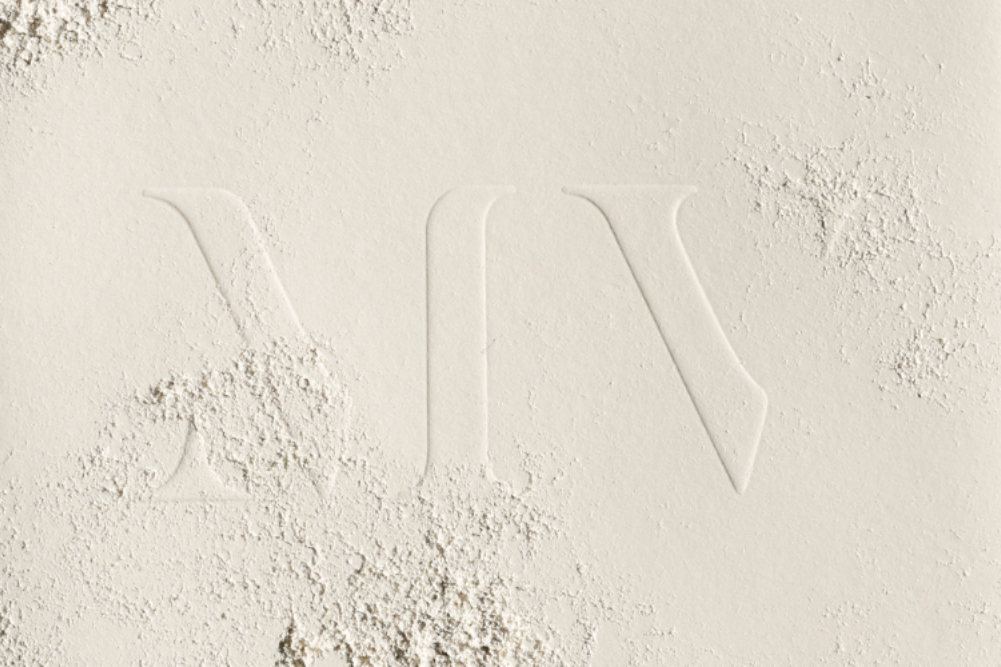Do you need a 365-day detox?
In the world of skincare and healthy diets, the word “detox” may be the most daunting. It conjures visions of pain and withdrawal; going without the things you like to consume alongside lethargy, pale, sallow skin and breakouts. The way “detoxing” is often marketed implies it’s OK to eat and drink anything throughout the year as long as you purge for a week or month with an extreme liver cleanse or detox program. This approach doesn’t resonate with the body’s natural rhythms and can wreak havoc on the body and skin.
Your body works hard to cleanse itself from the constant onslaught of pollution, junk food, synthetic and natural food chemicals, fried foods, sugars, medications, hormones, allergens, pathogens etc. So it makes more sense to work with the body daily to help it detox than to wait until breaking point.
The best way to help the body cleanse effectively is to both limit the amount of toxins you are exposed to daily in your food, personal care and skincare products, and to eat a nutrient-dense diet rich in organic wholefoods to assist the detoxification process.
What happens if you don’t detox efficiently? The liver is your filtration system and if it’s overloaded with toxins, they will overflow into the bloodstream. This has many implications for skin and health: an increase in free-radical activity leading to premature ageing of the skin, hormonal imbalances, brain fog and skin breakouts, plus an increase in the production of fat cells as the body creates new ones to store toxins it can’t efficiently eliminate.
The ideal solution is to reduce the toxins going into the body so filtration can happen without any spillage. Supporting the liver with enough of the right nutrients it needs to detoxify properly is vital and this includes a diet rich in antioxidants. Antioxidants act as the sponges that mop up the toxic spillage.
Glutathione is the body’s master antioxidant, vital in supporting all phases of detoxification. Nutrients and foods that help boost glutathione include N-acetylcysteine, vitamin B12, folate, vitamin B6, glycine, vitamin C, vitamin D, co-enzyme Q10, alpha lipoic acid, milk thistle, broccoli sprouts, turmeric, raw dairy, meat and eggs. Fresh fruits and vegetables are excellent sources of glutathione but, once cooked, levels decrease. These include spinach, okra, cauliflower, broccoli, walnuts, garlic, asparagus, avocado, squash and tomatoes. Cold-pressed, organic, grass-fed whey provides all the key amino acids for glutathione production (cysteine, glycine and glutamate).
While reducing daily exposure to toxins is paramount, your diet is critical in supporting the liver to detox. The main detoxification process occurs in the liver in two phases. Toxins enter the phase one pathway for processing and are turned into a more dangerous free radical. Phase two turns that free radical into a water-soluble substance so it can be eliminated through the urine, bowels, breath or sweat. If there are too many toxins, phase two can’t keep up with phase one and there is a buildup of free radicals that can lead to health and skin implications, from wrinkles to serious chronic disease.
The body needs a variety of nutrients to support phase two in neutralising toxins, so you need to eat more nutrient-dense foods when trying to cleanse, rather than very little or the limited foods often recommended with some detox products. One of the problems with many detox products is they contain ingredients that over-stimulate phase one but don’t address phase two, which may be underactive. This increases free radicals without helping the body neutralise or eliminate them. You need myriad nutrients to support both phases, from vitamins, minerals and amino acids to antioxidants and pre- and probiotics. Fibre is also very important as it helps remove wastes through the bowel, along with bile.
So what foods are ideal to eat? Lots of fresh vegetables help cleanse and provide the body with nutrients and antioxidants. Sulphur-rich vegetables, in particular, help the body detoxify efficiently. Ingredients such as broccoli, beetroot, kale, barley grass, rosemary, St Mary’s thistle and dandelion contain components that support the liver’s phase two detoxification pathways.
Eating lots of fermented vegies offers bioavailable beneficial prebiotics and probiotics, which nourish and support bowel health. This promotes improved phase two detoxification and excretion of wastes through the bowel. Prebiotics and probiotics also improve gut health, a vital factor in reducing toxic load. If the gut is leaky, toxins and undigested food particles can travel through the impaired gut wall. These are more toxins for the liver to deal with. Drinking two litres of filtered water daily helps flush out toxins and supports good gut health.
Methylation is a metabolic process in the body that’s also important in detoxification. It depends on adequate levels of vitamin B12 (liver, fish, beef, shellfish) and folate (beans, legumes, broccoli, avocado, spinach, asparagus). Poor liver function, poor diet, low levels of stomach acid and genetics can all contribute to low levels of B12. It’s wise to get your levels tested to ensure you’re getting enough of these vital nutrients to methylate and detoxify properly.
It’s well worth helping your body to detoxify efficiently by making some dietary and lifestyle changes. By getting into a good routine and sticking to a nutrient-dense organic diet and limiting exposure to toxins every day, you have a little leeway to enjoy a naughty indulgence every so often without having to feel tired and lethargic for most of the year and then endure the yearly purge.
Finally, stress also puts a load on the liver, as it depletes detoxifying nutrients such as glutathione as well as gut health, integral to the cleansing process. It’s therefore a good idea to incorporate some relaxation exercises into your daily routine.







